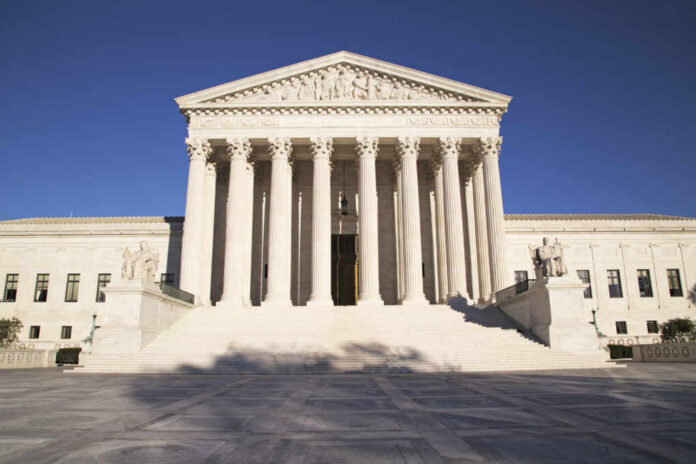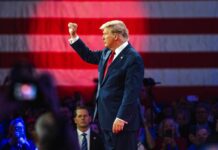
U.S. Supreme Court Justice Samuel Alito summed up this week’s arguments over the Biden administration attempting to censor social media with a poignant observation. He simply observed, “the government is treating social media platforms like their subordinates.”
But on Monday, observers noted the majority of justices appeared skeptical of arguments presented by attorneys for Louisiana, Missouri and other plaintiffs.
This does not bode well for the opportunity the high court now possesses to stop the Biden administration’s overt censorship attempts. Delegating suppression of free speech to a third party is still censorship.
Justice Alito: "The government is treating social media platforms like their subordinates."
You CANNOT outsource censorship and call it constitutional.
You CANNOT have the FBI harassing Facebook and not call it coercion.
You CANNOT suspend the Constitution because you say… pic.twitter.com/wiHD7svIRA
— Charlie Kirk (@charliekirk11) March 18, 2024
As the case worked its way up the judicial ladder, lower courts consistently sided with the states. This may not continue with the high court.
Conservative Justice Amy Coney Barrett voiced her concerns when Louisiana Solicitor General J. Benjamin Aguinaga referenced a likely scenario. It involved the FBI contacting X, formerly Twitter, and Facebook over posts releasing a person’s private information online.
This practice, known as doxxing, is commonly deployed by leftist groups to attempt to intimidate conservatives.
Doxxing is one thing, and blatant government censorship is another. Even though it is manifested through third parties such as popular social media platforms, it is still the Biden White House controlling the flow of information.
This practice of using strongarm tactics and coercion is known as “jawboning,” and there is no doubt Washington deployed it extensively during the pandemic.
It took the purchase of X, formerly Twitter, by billionaire Elon Musk to reveal the startling extent of government censorship efforts. Through the groundbreaking “Twitter Files,” Musk exposed a level of government control that would previously have been dismissed as a conspiracy theory.
Instead, it is a sad fact.
Biden Department of Justice attorney Brian Fletcher attempted to defend the government’s actions. He admitted that coercive threats are not legal or proper, but said Washington is “entitled to speak for itself” through information and persuading.
Absolutely. But taking down posts that disagree with the government narrative is censorship. This is inarguable.
The Supreme Court, however, appeared to send signals this week that it is wary of limitations being placed on government interactions with social media platforms. This is unfortunate, and there must be a way to tackle blatant censorship and balance the need to fight such actions as doxxing.

















